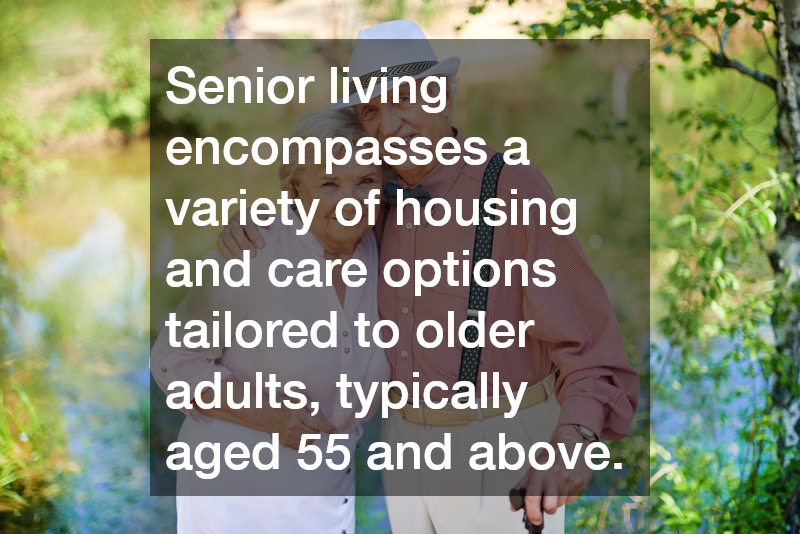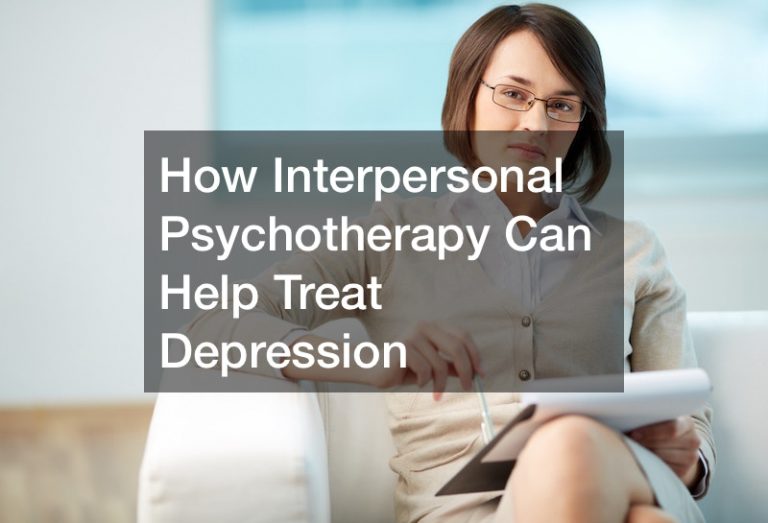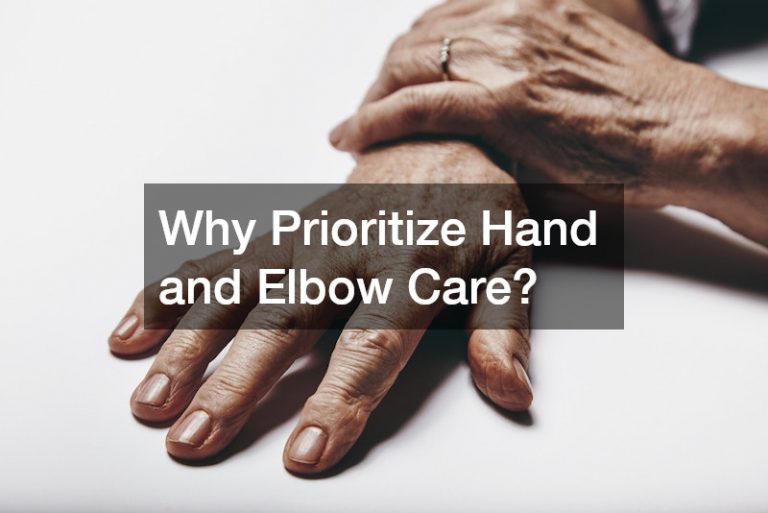
As we age, many of us begin to consider new living arrangements that better suit our changing needs. Senior living communities offer a wide range of benefits, from social engagement to professional care, designed to help older adults live comfortably and independently. But how do you know if senior living is the right choice for you or a loved one? With options ranging from independent living to assisted living and memory care, it’s important to assess your specific needs and explore available options like local care communities. This blog will help guide you through the decision-making process to determine if senior living is the right fit.
What Is Senior Living?
Senior living encompasses a variety of housing and care options tailored to older adults, typically aged 55 and above. The most common types of senior living include:
Independent Living: Best for seniors who are self-sufficient but want to enjoy a community environment with amenities like housekeeping, social activities, and meal services.
Assisted Living: Provides help with daily activities such as bathing, dressing, and medication management, while allowing residents to maintain a level of independence.
Memory Care: A specialized form of assisted living for individuals with Alzheimer’s or other forms of dementia, offering a secure environment and specialized care.
Senior living communities often offer a continuum of care, meaning that residents can transition to higher levels of assistance as their needs change, without having to move to a different facility.
Signs That Senior Living Might Be Right for You
While making the decision to move to a senior living community can be difficult, certain signs can indicate that it’s time to consider a change. Here are some factors to help you determine if local care in a senior living community is right for you or your loved one.
1. Difficulty Managing Daily Tasks
As we age, tasks that once seemed simple—like cooking, cleaning, or managing medications—can become overwhelming. If you or a loved one is struggling to keep up with daily activities, it might be time to explore senior living options. Assisted living communities provide support with these tasks, allowing residents to focus on enjoying their time without the stress of managing household chores.
2. Increased Safety Concerns
Falls, medical emergencies, and other safety concerns are more common as we age. If you’re worried about your safety at home—whether it’s due to mobility issues, memory problems, or the risk of accidents—assisted living or memory care communities can provide the safety and security you need. With 24-hour staff and emergency response systems in place, local care communities can offer peace of mind for both residents and their families.
3. Social Isolation
Loneliness and social isolation can negatively impact mental and physical health, especially for seniors. If you or a loved one is feeling isolated at home, a senior living community can provide a vibrant social environment. These communities often offer a variety of social activities, events, and outings, giving residents the opportunity to make new friends and stay engaged in their surroundings.
4. Health Issues Requiring More Care
For individuals with chronic health issues or worsening medical conditions, managing care at home can become increasingly challenging. Assisted living and memory care communities provide medical oversight and support, ensuring that residents receive the care they need. This can include help with medication management, regular health monitoring, and access to healthcare professionals on-site. If your health needs are becoming more complex, local care communities can offer the professional support necessary to ensure your well-being.
5. Caregiver Burnout
Caring for a loved one can be rewarding, but it can also lead to physical and emotional burnout for caregivers. If you’re a family member providing care and find yourself overwhelmed, it may be time to consider professional care. Senior living communities can relieve the pressure on family caregivers while providing high-quality care for your loved one. This allows you to focus on spending quality time together, rather than being consumed by caregiving duties.
How to Choose the Right Senior Living Community
If you’ve decided that senior living is the right option, the next step is finding a community that meets your needs. Here are some tips for choosing the best local care facility:
Assess Your Needs: Determine what level of care you or your loved one requires. Are you looking for independent living, or do you need assistance with daily tasks and medical care?
Visit Multiple Communities: Take the time to tour several senior living communities to get a feel for the environment, amenities, and staff. Look for a place where you feel comfortable and where the staff seems attentive and caring.
Consider the Amenities: Think about what amenities are important to you, such as fitness centers, dining options, social activities, or transportation services.
Check Reviews and Recommendations: Talk to current residents, read online reviews, and ask for recommendations from healthcare providers or friends to ensure you’re choosing a reputable facility.
.








